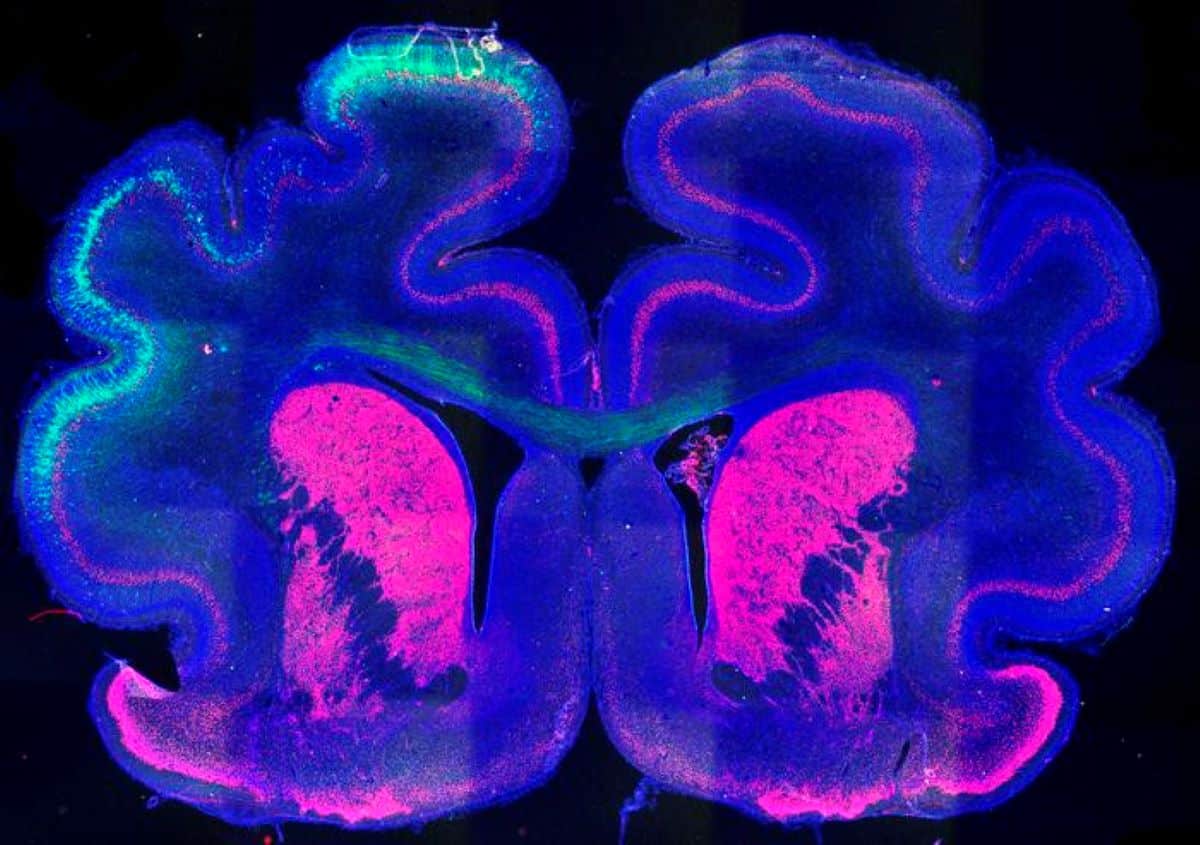
by Jean-Baptiste Pingault, Ph.D.
A child’s educational success depends on the genes they have inherited from their parents as well as the genes they have. do not haveaccording to our new study, now published in American Journal of Human Genetics.
Funded by the Nuffield Foundation, our study – a systematic review and meta-analysis of prior evidence of genetic influences on educational outcomes – confirms that the genes a person directly inherits are more likely to contribute to their educational achievement. But the parents’ genes that they are not directly inherited, but which shaped the parents’ own educational levels and then influenced the lifestyle and family environment they provide for their children, are also important and can influence how a person fares in school and beyond.
Children resemble their parents by nature (the genes they inherit) and nurture (the environment they grow up in). But the nature and effects of education are intertwined. Mothers and fathers each pass half of their genes to their children, and although the other half of their genes are not passed on, they continue to influence the parents’ traits and ultimately influence their children’s traits. For example, parents with a higher genetic propensity for learning may have a greater interest in activities such as reading that, in turn, foster learning in their offspring.
This concept—that parents’ genes influence outcomes for their offspring by shaping the environment they provide for them—is called genetic education. It describes how parents’ genes indirectly shape children’s characteristics.
In this paper, we reviewed and analyzed 12 studies across several countries and used a method called polygenic scoring to study the impact of millions of genetic variants on educational achievement in nearly 40,000 parent-child pairs.
We found that genetic education had about half the impact on educational success as genetic inheritance.
Genetic nurture effects captured by polygenic outcomes across studies explained at least 1.28% of the variance in educational outcomes, while direct genetic effects explained at least 2.89% of the variance in educational outcomes. The study reports that the findings are underestimated, given that polygenic outcomes capture only part of the heritability in educational outcomes; actual genetic effects may be many times higher, but direct genetic effects will probably still be roughly twice those of genetic nutrition effects.
We found that genetic education has a significant effect on a child’s educational achievement. The effects were largely due to their parents’ upbringing and how it affects the environment the parents then provide. We also found that fathers and mothers had similar genetic education effects, suggesting that both parents are equally important in shaping and fostering a child’s learning environment.
This study illustrates how complex the relationship between genes and environment is. Although our study uses genetic methods, it provides strong evidence that, like genetics, environment does matter when it comes to education.
Two aspects are complementary here: First, part depends on the genetic lottery, so parents do not have full control and not everything depends on what they do. That said, what parents do and the choices they make do seem to matter. Our findings indicate that socio-economic status and parental education are probably key. It is important to understand how educational attainment (years of education, highest degree earned) and achievement (points and grades achieved) are passed down through families and how this knowledge can help us break cycles of intergenerational disadvantage.
It is too early to say what is more important—what happens inside a family (such as parents reading to their children) or outside (such as parents choosing the best school and activities). We hope to determine in which pathways genetic nurture operates and whether it changes during different stages of development, and we aim to identify which aspects of the environment are most important. This will be key to designing new interventions that encourage and support the success of all children.
The study was carried out by researchers at UCL, King’s College London and the Universities of Leicester, Bristol and Oslo.
#Genes #influence #childrens #success #indirectly
Image Source : www.psychologytoday.com



